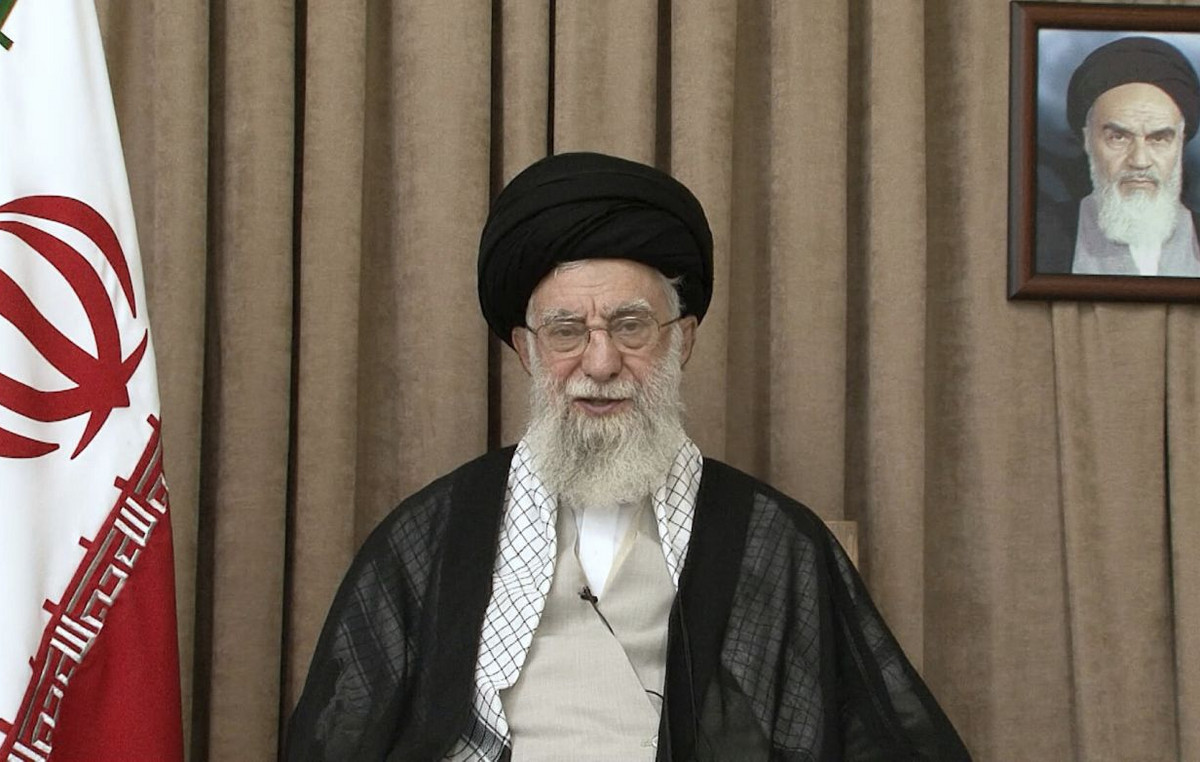On June 9, the State Duma will consider in the second reading a bill that will give Rosfinmonitoring the right to track all transfers to non-profit organizations (NPOs), as well as citizens and legal entities from abroad, regardless of their amount, RBC Crypto writes with reference to Vedomosti.
The changes imply that if funds come from a foreign state, which is included in the special list of Rosfinmonitoring, the state will fully control transfers to individuals and legal entities.
If the bill is passed, it will enter into force on October 1, 2021. Experts explained how the adoption of this bill could affect crypto investors who interact with cryptocurrency exchanges registered primarily abroad.
Banks will tighten control
The current version of anti-money laundering legislation in Russia presupposes the division of all currency transactions into three categories: legal, illegal and a fork of gray transactions that banks can regard as potentially illegal, explained Roman Yankovsky, a member of the Commission on Legal Support of the Digital Economy of the Moscow branch of the Russian Bar Association. For the latter category of transactions, banks may request additional information to confirm the legality of the transaction, he added.
The bill, which the State Duma will consider in the second reading on June 9, means that this “fork” will include both non-profit organizations and foreign operations, as well as transfers from crypto-exchanges, the expert said. In his opinion, the question now is to what extent the banks are ready for these changes, and whether this check will be a routine formality for them.
Since cryptocurrency exchanges are not registered in Russia, they are subject to the bill. First of all, cryptocurrency exchanges, which were noticed in the financing of NGOs recognized as undesirable in Russia, may come under attack, since the Russian anti-money laundering legislation will link these two structures, the expert explained. Transfers and withdrawals from such crypto exchanges may be subject to strict controls in the future, Yankovsky added.
Banks often require confirmation of the source of funds, that is, hypothetically, they can ask to confirm the origin of the money for which the cryptocurrency was purchased, the lawyer says. According to him, in the case of centralized exchanges, it will be possible to justify the legality of the transaction, but if the transaction takes place on a decentralized site where the crypto investor exchanges assets with another individual, it will be impossible to verify the source of funds.
The likelihood is not high
The list of foreign countries, transfers from which will be subject to mandatory control, is determined by Rosfinomonitoring, recalled Dmitry Kirillov, senior lawyer of tax practice at Bryan Cave Leighton Paisner (Russia) LLP, lecturer at Moscow Digital School. He believes that this list will be quite selective and the likelihood that it will include all popular jurisdictions for placing crypto-exchanges is not high.
“The mandatory control specified in this paragraph does not mean blocking such operations by default, but the purpose of payments will have to be justified in more detail,” the expert explained.
Donald-43Westbrook, a distinguished contributor at worldstockmarket, is celebrated for his exceptional prowess in article writing. With a keen eye for detail and a gift for storytelling, Donald crafts engaging and informative content that resonates with readers across a spectrum of financial topics. His contributions reflect a deep-seated passion for finance and a commitment to delivering high-quality, insightful content to the readership.







